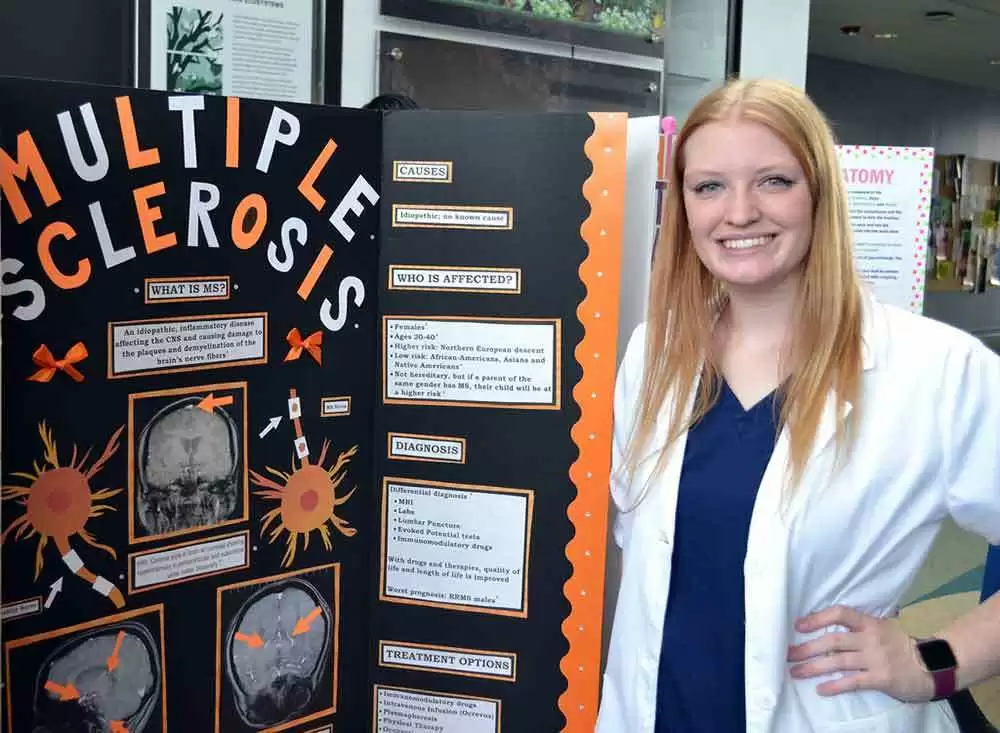
Celiac.com 08/23/2019 - A team of researchers recently set out to use experimental autoimmune encephalomyelitis as a model for better understanding multiple sclerosis.
The research team included Naresha Saligrama, Fan Zhao, Michael J. Sikora, William S. Serratelli, Ricardo A. Fernandes, David M. Louis, Winnie Yao, Xuhuai Ji, Juliana Idoyaga, Vinit B. Mahajan, Lars M. Steinmetz, Yueh-Hsiu Chien, Stephen L. Hauser, Jorge R. Oksenberg, K. Christopher Garcia & Mark M. Davis.
Celiac.com Sponsor (A12):
The team showed that induction triggers successive waves of clonally expanded CD4+, CD8+ and γδ+ T cells in the blood and central nervous system, similar to gluten-challenges in patients with celiac disease.
The team also found major expansions of CD8+ T cells in patients with multiple sclerosis. In patients with autoimmune encephalomyelitis, they discovered that most expanded CD4+ T cells are specific for the inducing myelin peptide MOG35–55.
By contrast, surrogate peptides derived from a yeast peptide major histocompatibility complex library of some of the clonally expanded CD8+ T cells inhibit disease by suppressing the proliferation of MOG-specific CD4+ T cells.
These results suggest that the induction of auto-reactive CD4+ T cells triggers an opposing mobilization of regulatory CD8+ T cells, and according to the researchers: "These results suggest that the induction of autoreactive CD4+ T cells triggers an opposing mobilization of regulatory CD8+ T cells...(W)e show here that the simultaneous mobilization of oligoclonal T cells, seen previously in patients with celiac disease, has a parallel not only in EAE, but also to some extent in newly diagnosed patients with MS."
Read more in Nature.com
The researchers are variously affiliated with the Department of Genetics, Stanford University School of Medicine, Stanford, CA, USA; the Department of Microbiology and Immunology, Stanford University School of Medicine, Stanford, CA, USA; the Department of Molecular and Cellular Physiology, Stanford University School of Medicine, Stanford, CA, USA; the Department of Neurology and UCSF Weill Institute for Neurosciences, University of California, San Francisco, CA, USA; the Howard Hughes Medical Institute, Stanford University School of Medicine, Stanford, CA, USA; and the Institute of Immunity, Transplantation and Infection, Stanford University School of Medicine, Stanford, CA, USA.








Recommended Comments
There are no comments to display.
Create an account or sign in to comment
You need to be a member in order to leave a comment
Create an account
Sign up for a new account in our community. It's easy!
Register a new accountSign in
Already have an account? Sign in here.
Sign In Now